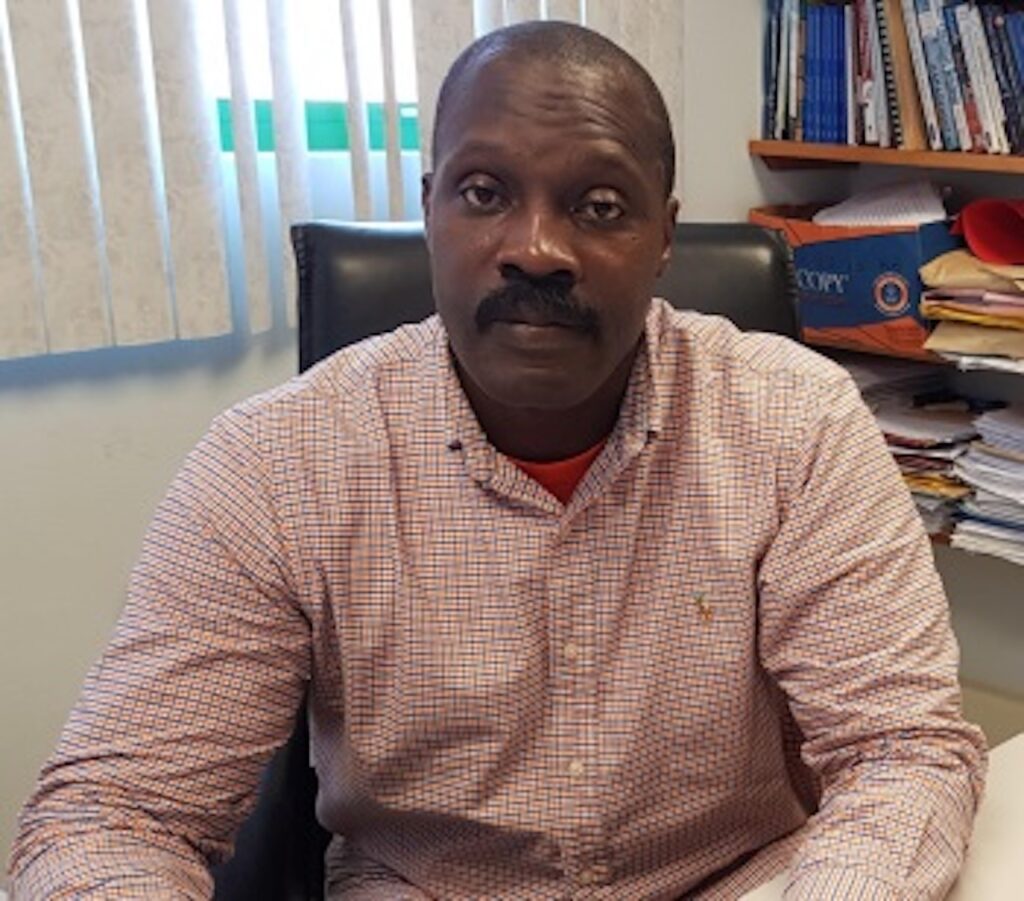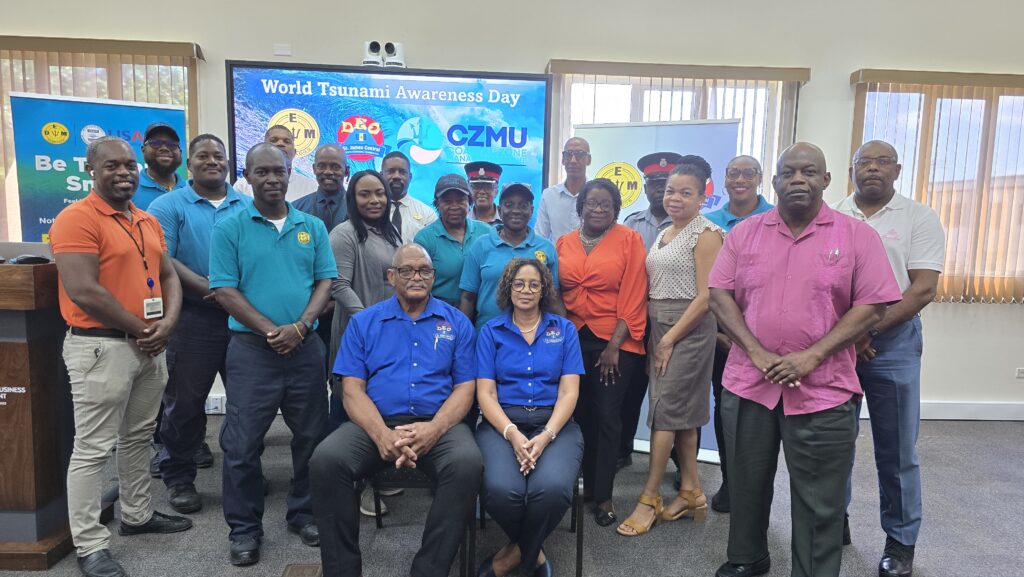The Minister of Educational Transformation Chad Blackman’s suggestion that reading has to be our country’s superpower should not be a catchy slogan. It is reasserting a truth that has underpinned Barbados’ development since Independence – that the mind, not mineral wealth or military might, is our most valuable resource. In a world where data, innovation, and creativity drive progress, literacy remains the foundation on which every nation builds its intellectual capital and its capacity to lead.
For decades, Barbados has prided itself on one of the highest literacy rates in the world – an enviable 99.6 per cent, according to UNESCO.
But if we listen to the daily call-in programmes or scroll through social media threads, we might beg to differ. The gaps in literacy are not always about spelling or grammar. They show up in how we process information, debate issues, or discern fact from fiction. The ease with which misinformation spreads, and the level of frustration that often replaces reasoned discussion point to deeper weaknesses in comprehension and critical thinking. This is not a failure of individuals so much as a wake-up call for the nation.
Yet, beneath that statistic lies a quieter reality: literacy, like any skill, must be continuously nurtured. The ability to read does not always translate into a love of reading, nor does basic comprehension always equal critical thinking. Too many children struggle to interpret complex information, and too many adults quietly navigate workplaces and communities without full literacy confidence.
In that sense, the minister’s pledge to launch Project SOAR – Strengthen Our Ability to Read could not be more timely. This new national literacy drive that spans children, adults, schools, and community centres, signals a bold and necessary step towards cultural renewal. It acknowledges that reading is not merely an academic exercise but a social equaliser and a tool for empowerment. When individuals read with understanding, they gain not only knowledge but also agency. They become citizens who can question, innovate, and participate meaningfully in proper national discourse.
Blackman’s emphasis on parental involvement is equally critical. No policy, however well designed, can replace a parent reading to a child or modelling curiosity through books, articles, or even digital texts. The challenge, as he admits, lies in reconciling this ideal with the realities of modern life: long work hours, economic pressures, and the omnipresence of screens that compete (and win) our attention. Yet, if literacy is to become the “bread and butter for the future development of our country,” as he puts it, then every home, every church, every community space must become an incubator for reading.
The inclusion of adult literacy as a parallel focus is also commendable and overdue. Too often, adults who struggle with reading are left to the margins, invisible in a society that assumes everyone has mastered the basics. Offering community-based and online options ensures inclusivity and dignity, turning literacy into a lifelong pursuit rather than a childhood milestone.
Still, for this campaign to succeed, it must move beyond fanfare and slogans. It will require measurable outcomes, sustained funding, teacher training, public-private collaboration, and, above all, a cultural shift that values reading as essential to national identity.
Barbados has long been a leader in education; now, it has the opportunity to lead again by redefining literacy for the digital, global age.
The post We agree, reading must become our true superpower appeared first on Barbados Today.


